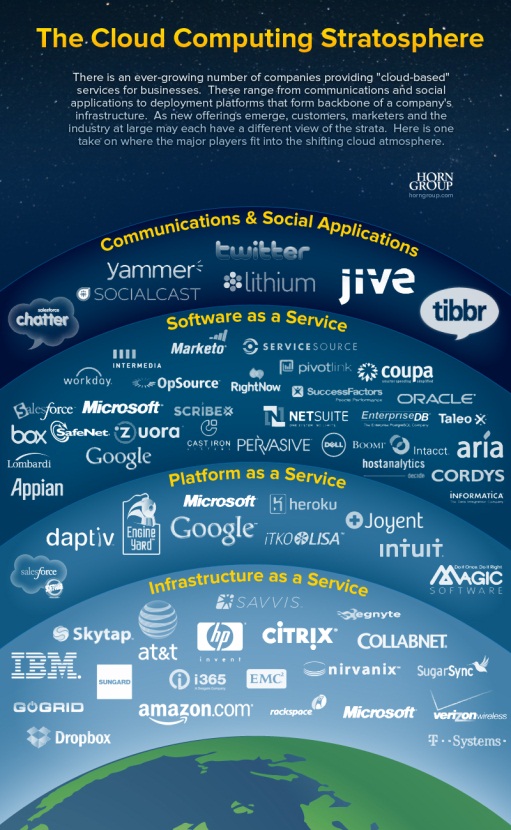We’re all thankful for the cloud. One way or another, online storage servers are freeing up our hard drives, minimising our devices and adding a hint of mystery to the world of intellectual property and media ownership. As I confronted the growth of cloud computing in this blog on securing the identities of cloud users, I thought it would be useful to recap on some recent developments in cloud, which companies are using it, and importantly how secure your data is – let alone the password you choose.
Front-of-mind at present is Apple and its iCloud service. Earlier this month, Ewan Macleod at Mobile Industry Review raised the issue of iCloud enterprise security and how its lack of visibility could mean that employees are unwittingly storing entire company customer records on iCloud without anyone being able to track them. Ewan’s insight that iCloud blurs even further the boundaries between enterprise and personal data shows that online security has never been more important.
Some observers flagged potential security issues around the launch of the iPhone 4s and their flagship update ‘Siri’. So it begs the question – how concerned with security is the company with 200m credit card details on file? Apple has made huge strides in pioneering new security technology over the past few years but there are still those who would argue that their greatest challenges on this front lie ahead of them. Apple remains protected by the novelty of what they’re enabling consumers to do with technology, but for global corporate enterprises this isn’t necessarily new.
Apple states that:
- iCloud secures your content by encrypting it when sent over the Internet, storing it in an encrypted format, and using secure tokens for authentication.
It’s important Apple has used strong authentication to protect the data, something that Gemalto see as critical to all cloud storage. What’s imperative is the balance between security and simplicity, for ease-of-use, without compromising on stronger access controls (both username and one-time password) to increase the level of access security to data.
It’s also important to note that iCloud isn’t the only option available to consumers – Amazon’s Cloud Drive promises to match Apple’s 5GB free capacity and offer additional storage capacity up to 1000GB in harmony with its forthcoming Kindle Fire tablet. Meanwhile, Microsoft has been expanding its personal web-based email storage server SkyDrive for several years now, with Microsoft 365 announced this year and going head to head with Google Docs.
If online storage has left you with your head in the clouds, the infographic below reveals just how significant the cloud is becoming in business, with several major global enterprises jostling for position. Quite how secure they are, for the moment, remains to be seen.



